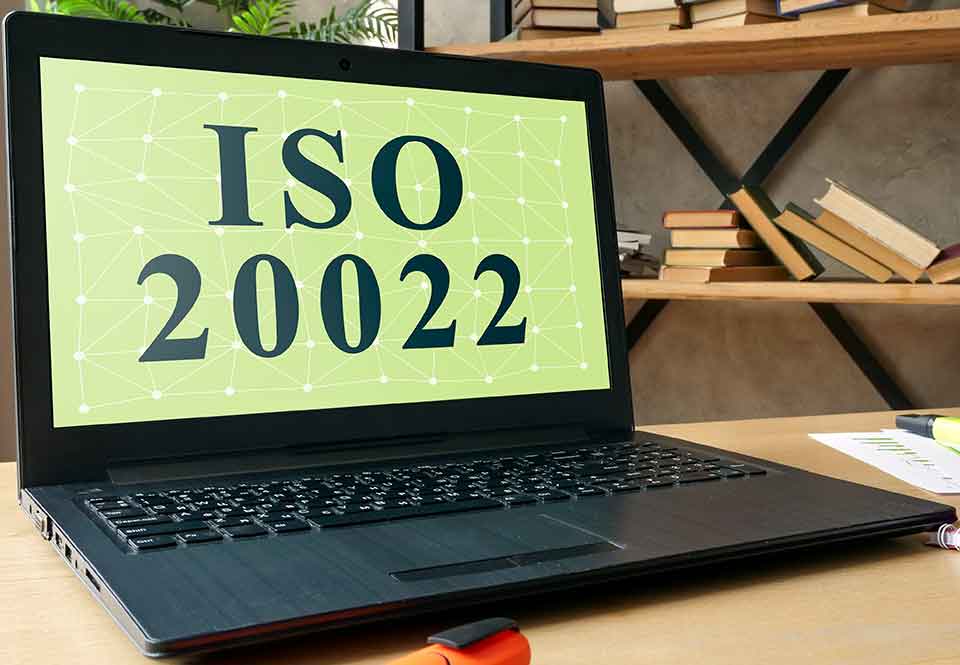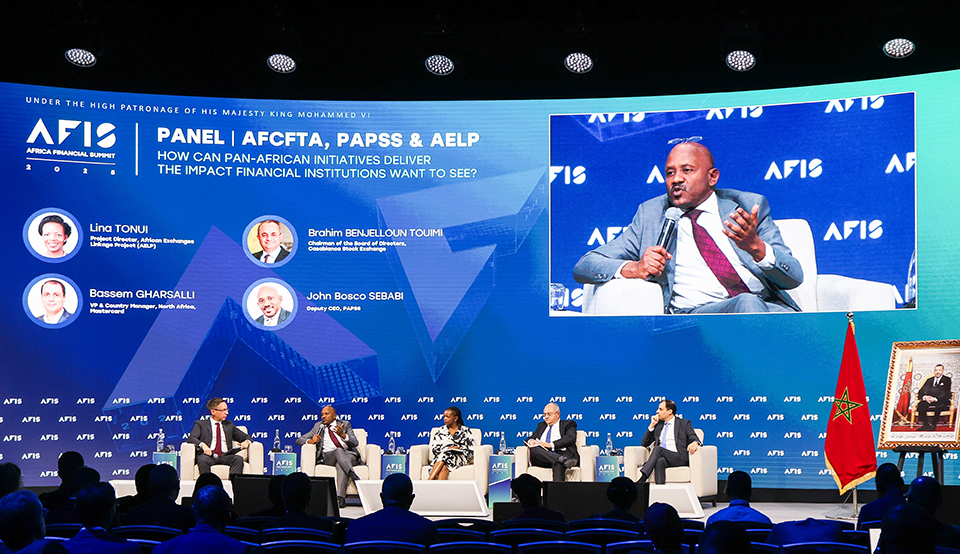Migration from legacy payments messaging platforms is often primarily described as a bank-facing issue. However, the ability to send richer reference data and attachments alongside payment messages presents opportunities to address corporate pain points, particularly around payment automation and reconciliation.
As well as replacing various bank-specific formats, ISO 20022 supports additional data elements that are carried along the end-to-end payment chain, including the account statements that corporates receive from their bank. Enriched payment data also enables more advanced analytics for better liquidity forecasting or improved risk insights.
Access intelligence that drives action
To unlock this research, enter your email to log in or enquire about access





